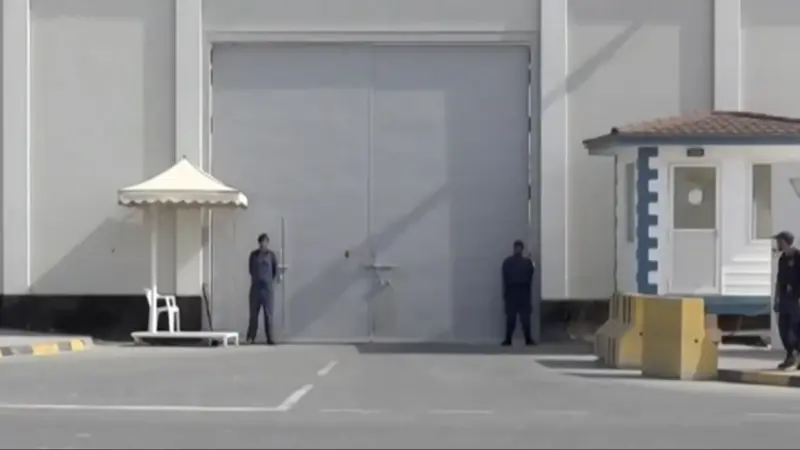On Monday, April 8, 2024, Bahrain’s King issued a royal decree pardoning 1,584 prisoners convicted of criminal and riot charges, making it the largest pardon since the Arab Spring in 2011. This pardon was announced ahead of Eid al-Fitr, a time when Muslims are encouraged to seek forgiveness and thus also a time when many Gulf leaders will issue their pardons.
This decree may appear to be a generous gesture; however, it is necessary to speculate about the context of these pardons. This decree was allegedly done to promote principles of justice and the rule of law. Nevertheless, one cannot ignore the timing of these pardons. In addition to coinciding with Eid al-Fitr, this decree comes at a time of intense unrest in Jau Prison, where most of the prisoners were held. Given that the last pardon of this scale was after the popular uprising in 2011, there is an evident trend of them occurring in times of turmoil. As a result, they appear to not only be used as an act of forgiveness but also to calm unrest in the country and increase faith in the government. This begs the question of whether the pardons are focused on promoting justice – or instead intended to alleviate pressure on the government.
According to the King, these pardons are to “promote the values of human rights in line with the Kingdom’s approach”. If the pardon has been done following the “Kingdom’s approach” to human rights, and not to universal standards, can it be a genuine step towards promoting human rights in Bahrain? With a backdrop of many unlawful detentions, continuing well into 2024, this decree is not enough to absolve Bahrain of its human rights violations. Bahrain’s judiciary system is also not independent as the King retains judicial power, leaving final decisions at his discretion. As a result, there is a core systemic issue with the rule of law and human rights in Bahrain. This means that the freedom of the 1,584 people released is not necessarily a step towards the freedom of all those who have been wrongfully detained in Bahrain. Without concrete follow-through, the cycle of wrongful arrest will continue.
It is also important to note the prisoners on protest charges are often people who have peacefully demanded or advocated for political change. Bahrain is notorious for having limited political freedom, meaning that many of these prisoners were detained for speaking out against the government – as is the case for Ebrahim Sharif, who was detained for criticising Bahrain’s government on social media, a mere ten days before this royal decree. This indicates that there has been no effective change to improve human rights, freedom of speech, and the right to peaceful assembly in Bahrain. Moreover, 600 political prisoners remain in Jau Prison, some of whom are on death row. Amongst these, opposition leaders and activists such as Hassan Mushaima and Dr Abduljalil al-Singace continue to be wrongfully arrest.
Bahrain’s royal decree pardoning 1,584 people comes at a time when protests continue in their prisons, leading to suspicions of it being used as a tactic to distract from their unlawful detentions. Bahrain must do more to promote human rights according to universal standards throughout the year and not occasionally pardoning detainees in times of turmoil. The country must address its unlawful detentions and work to promote democracy, freedom of expression, and peaceful assembly to uphold its citizens’ human rights.
There continue to be many innocent political prisoners who were unlawfully detained and who deserve justice. These pardons do not outweigh Bahrain’s human rights violations, and are inadequate to be considered a step towards reform.





